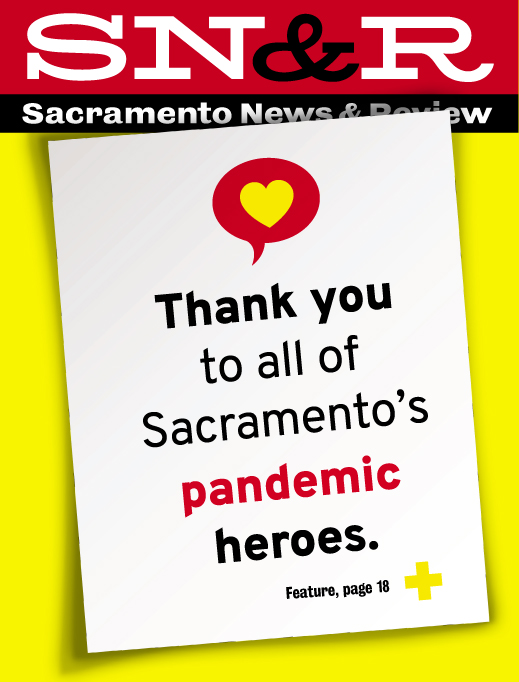
SN&R highlights arts groups, businesses, nonprofits and people who have gone above and beyond for the community during the COVID-19 crisis
In a normal September, SN&R publishes its annual Best Of Sacramento issue, featuring reader and staff picks for the best and most popular restaurants, shops and other establishments across the region. Last year, we had more than 200 categories, and 11,700 readers cast more than 254,000 votes.
These are not normal times.
So in 2020, we’re highlighting Pandemic Heroes—those arts groups, businesses, nonprofits and people that have gone above and beyond for the community.
This painful period in our community’s history is not one for competing. It’s a time for lifting up and supporting each other, and for showing gratitude to those helping us make it through.
About 90 people submitted nominations for Pandemic Heroes, including educators, business owners and community groups. We then picked some unrecognized and interesting ones to publish (excluding form letters), plus a few to feature.
(Foon Rhee)
Volunteering through danger
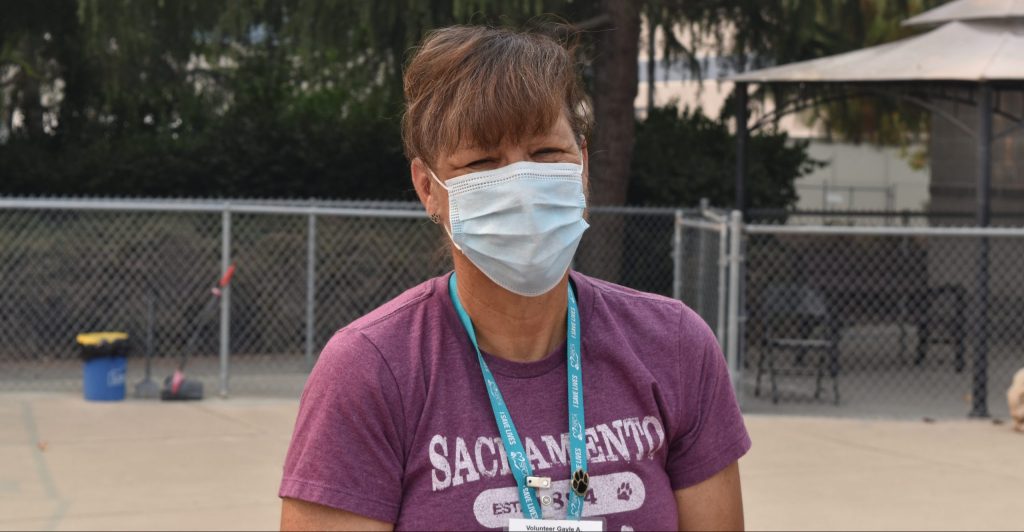
It’d be understandable if Gayle Auge were hiding out from the world right now.
The 55-year-old South Sacramento resident was forced into early retirement from her 26-year career as a local elementary school teacher roughly five years ago after learning she had Stage IV metastasized breast cancer. Though she goes for chemotherapy every four weeks, her diagnosis is terminal, her remaining time uncertain.
The COVID-19 pandemic presents special dangers for people like Auge, who have elevated risk factors or compromised immune systems. But rather than hole up at home, Auge makes a difference by volunteering at the Sacramento SPCA.
“Teachers, you want to help people and I want to help the animals,” Auge told SN&R during a break from preparing bags of food for SPCA’s Paw Pantry. “If I’m capable of doing it, I’m going to do it.”
It’s strenuous work, with Auge and few other volunteers prepping bags of food that can weigh as much as 35 pounds. Tuesdays, Auge and others distribute the food and cat litter to anyone who asks for it as supplies last. “There’s days where I’ve been sore, but I’ve been doing it for a couple months now,” she said.
The muscles in her arms and legs remain toned, a credit to workouts at River City Rowing and the fact that “I haul a lot of dog food around.” The work can be intense and Auge always has the option to go home if she’s not feeling well. But generally, volunteering beats the alternatives.
“I think it’s a lot healthier for me, even though technically I’m not supposed to be out of the house because of COVID,” Auge said. “I said, ‘I’ll go crazy if I stay home.’”
Rayla Maier-McMann, Sacramento SPCA volunteer manager, said Auge is enthusiastic about any task and dependable for less-than-glamorous duties. “Gayle is always there to help me,” Maier-McMann said.
Asked what advice she’d give to anyone who receives a life-changing diagnosis, Auge urged them to find fulfilling activities. “Do what makes you happy,” she said. “’Cause there’s no guarantee in life. And this makes me happy.”
(Graham Womack)
Helping ‘starving’ artists
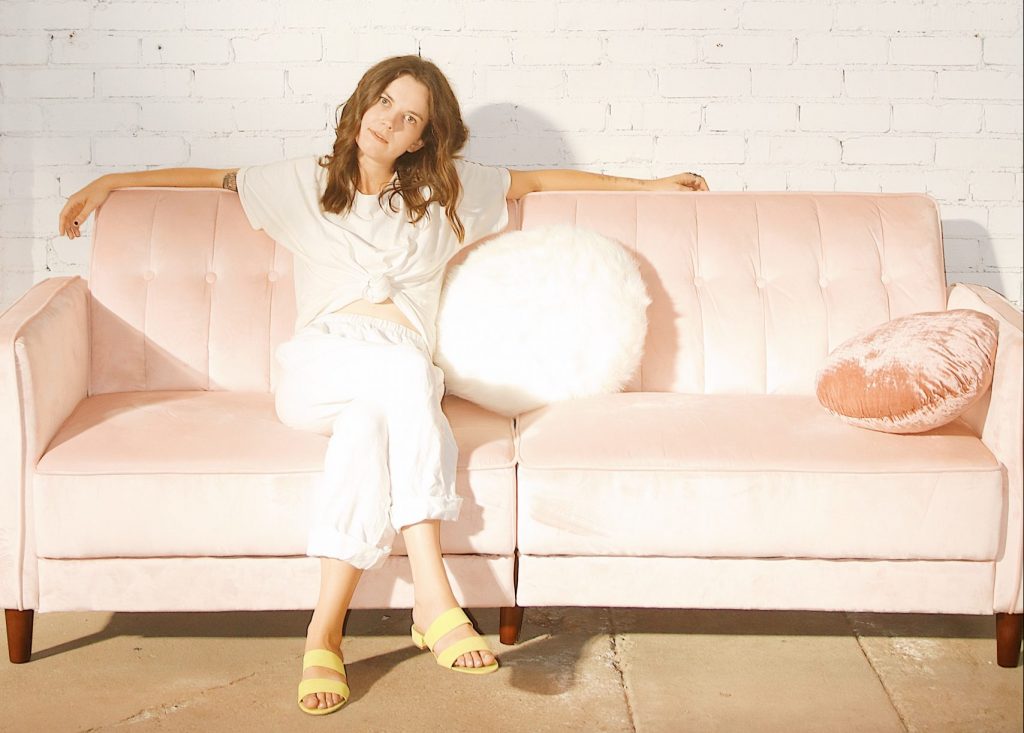
When Claire Curley began Broad Room, she says she wanted to “create a space for creatives to come together and work together.”
“I really want it to be a space that’s very easily accessible,” Curley said. “Unfortunately, with the pandemic, that’s just not really something that we can do.”
Since the stay-at-home order took effect in mid-March, Curley says that she wanted to find a way to help the Sacramento arts community so she began the Sacramento Artists Relief Fund to collect donations to distribute monthly to artists.
“I tried to set it up to be as easy and accessible for artists,” she said. “We’ve managed to raise just over $10,000 and have distributed funds to about 60 artists at this time.”
Broad Room retains 15% of the donations, which Curley says help pay for utilities and other costs of Broad Room remaining in its space.
Curley says that her plans don’t end with the Sacramento Artists Relief Fund. She recently announced two new programs that she plans to begin in September—Trade School and Cosmic Library.
“Both of them came out of a survey that we sent out to the artists that have requested funds through the Artists Relief Fund to see what other kind of support they need right now,” Curley said.
Trade School is a four-week workshop to teach artists “to take their in-person workshops online,” while Cosmic Library will be a physical space inside the Broad Room warehouse that will provide free art supplies, feminine hygiene products, a curated selection of clothing and other donated materials.
“I feel like I’m just kind of doing my job,” Curley said. “I definitely hope that what I’m doing is helpful and important to the artist community, and I’m definitely flattered and shocked by this nomination.”
(Patrick Hyun Wilson)
Keeping the music live
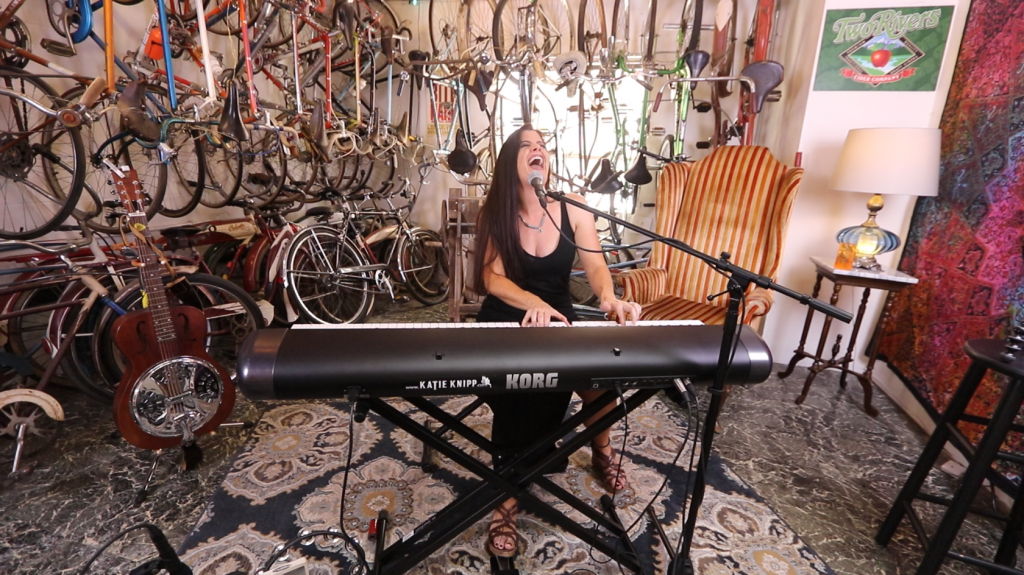
Katie Knipp performs in the Two Rivers Cider loft. (Photo courtesy of Two Rivers Cider)
The COVID-19 lockdown has dampened many of the artistic pursuits that make Sacramento so livable. This is especially true of live music. Performers have seen months of paid work evaporate. Some venues have been shuttered since March.
Two Rivers Cider decided to do something about this hollowing of the community’s creative core. It has a taproom full of music fans and a collective understanding that when rhythms stop in a city, people feel disconnected.
By innovating on the fly, Two Rivers has continued to support local bands, helping them earn money while keeping music lovers anchored to some sonic comfort.
The cider house was founded by Vincent Sterne, who grew up in Sacramento and always had an interest in the city’s songwriters. So when he opened his taproom in Hollywood Park, he wanted a place where patrons could pair his well-balanced, traditional ciders with live music vibes.
Sarah Wright, Two Rivers’ tasting room coordinator, says the team has developed close bonds with its regular performers, so was keenly that most of their gigs had vanished overnight.
“Some of the musicians were feeling a little bit lost at the beginning of the pandemic,” Wright said. “At the same time, we’d been thinking about how we could get back some of the ambience we’d created for our customers, even though we were only open for to-go orders.”
A solution soon presented itself: Two Rivers has a loft above its taproom that offers plenty of space for bands to perform while social distancing. Equally important, it’s an ideal spot for live web broadcasting. The loft concerts on Facebook Live have allowed performers to earn a steady stream of tips through their Venmo, CashApp and Paypal accounts.
Daryel Dillon, a member of the roots band Gheni, was a mainstay performer at Two Rivers before the COVID-19 crisis. So far, he’s done two loft concerts. Dillon says Two Rivers is helping musicians with more than just lost revenue; it’s giving them the comfort of sharing music again in an environment they care about.
“We all get that itch that we just want to play in front of people,” he said. “To be able to perform for people during this loft series has really been satisfying.”
(Scott Thomas Anderson)
All those that didn’t open
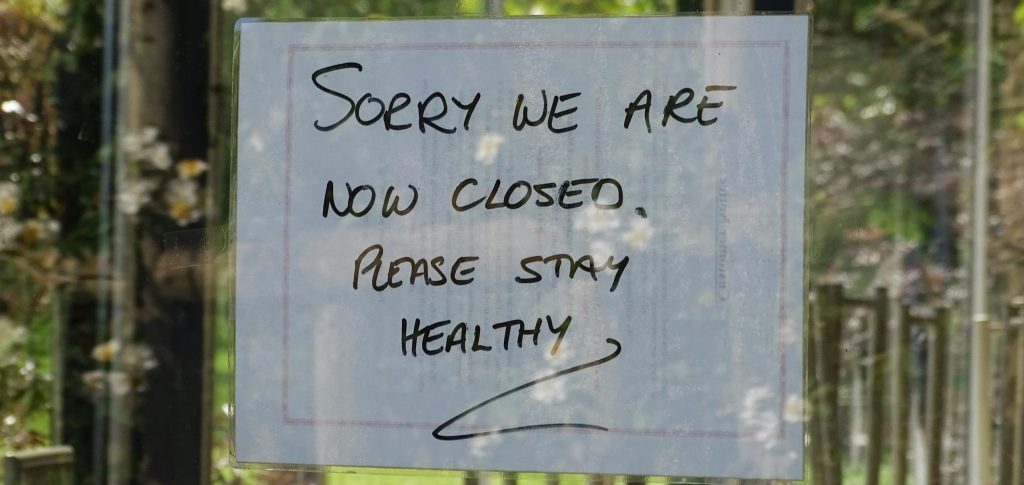
Every person or organization nominated has something slightly different to offer the community during the pandemic. One reader anonymously nominated “all those that didn’t open” because “they all understand math and science.”
However you choose to interpret it—there’s certainly room to read snark or frustration—that person isn’t off the mark: Coronavirus spreads from in-person contact, and the more distance we put between one another, the less chance we have of spreading the disease.
Staying safe and healthy has required all of us to radically change our daily routines, including when and how we work. Some businesses let employees work from home or provide alternate schedules that limit person-to-person contact. For others—including retail, personal services and restaurants—adapting is more difficult, though some have pivoted to online sales or contactless pickup to get by, keep staff employed and serve their customers.
The decision to keep any business closed is a tough one, and not just because of overhead expenses such as leases and utilities. For most business owners, deciding to shutter temporarily or severely limit services means laying off staff when finding another job is near-impossible and unemployment only goes so far in replacing wages.
But having a business survive past the pandemic requires that there be customers and staff on the other side. Pretending we are in a business-as-usual situation where a mask and a loosely-enforced six-foot distance is enough does not make the pandemic go away.
Additionally, health insurance is rare—a unicorn—in retail and restaurants. Asking a person to choose between going without a paycheck or working without health care during a pandemic is a heart-wrenching question with no right answer.
There are business owners who have kept their doors shut, but found ways to keep their employees paid. Thank you. Protecting the health of workers is a true act of compassion. Your heroism is the work you’ve done to keep your staff and customers safe.
(Lindsay Oxford)

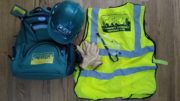
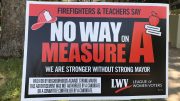


Gayle Auge is one of the most loyal and dedicated agents of compassion and caring – she makes our problems her priority. So many lives are indebted to her efforts. She saved my life more than once, and she’s saved my dogs from hunger and the freezing wet coldness of our winters. I can’t thank her enough!